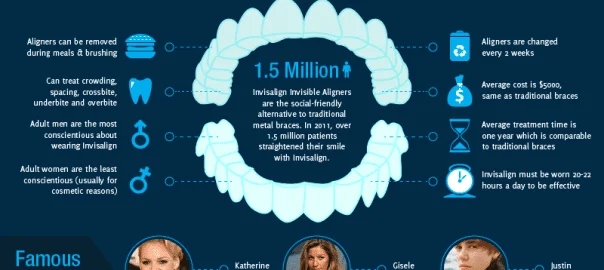If there is any part of the daily dental routine we drag our feet about, it has to be flossing. Not sure what it is, but there is something about this particular action that makes us cringe with dread. The excuse varies from patient to patient – some find it difficult, others simply don’t think they have time, and still others don’t understand the purpose and importance of flossing. While brushing your teeth regularly is necessary to prevent tooth decay, flossing is just as important. Sad to say but, brushing alone, without flossing, will not prevent either tooth decay or periodontal disease.
One of the main risks to oral health is damage from bacteria that damage tooth and gum tissue, resulting in tooth decay and periodontal disease. This bacteria takes the form of plaque (a thin yellow film composed primarily of bacteria and water), which will harden into tartar if not removed. The presence of plaque and tartar is virtually always damaging to teeth because it produces certain acids that will eat through tooth enamel and hardened tartar deposits that will physically irritate gum tissue, leading to gum recession.
The primary purpose of flossing is to remove plaque and tartar from surfaces of the teeth that cannot be reached by brushing alone. Because brushing alone cannot reach between teeth, flossing can help physically scrape plaque from teeth before it’s allowed to harden into tartar. Once plaque hardens into tartar, it needs to be removed with professional cleaning. No matter how much you brush going forward, brushing and flossing alone will be unable to remove the calcified deposits from teeth.
Patients who rarely floss will likely notice that their gums are irritated and bleed when flossing. This is nature’s way of telling you to have a professional cleaning. Over time, regular flossing will remove the bacteria that causes inflammation and bleeding, allowing the patient’s gums to heal. It is important, though, to use antibacterial mouthwash in conjunction with flossing to help kill any bacteria that remain in the mouth after flossing.
Brushing and mouthwash can help kill most of the bacteria in your mouth, but flossing is truly necessary to remove plaque from between teeth to keep your gums healthy. If you’re unsure of the right way to floss, ask your dentist or oral hygienist to show you a proper flossing technique. It will not only keep your mouth healthy, but it will also keep you out of the dentist chair, awaiting a terrible procedure.
For more information on proper flossing technique, contact Dr. Rosenbuch at (561) 394-7888 or visit our website atwww.cliverosenbuschdds.com.
Dr. Rosenbusch proudly serves Boca Raton, Del Rey Beach, Deerfield Beach, Coral Springs, Boynton, Ft. Lauderdale and all surrounding areas.





